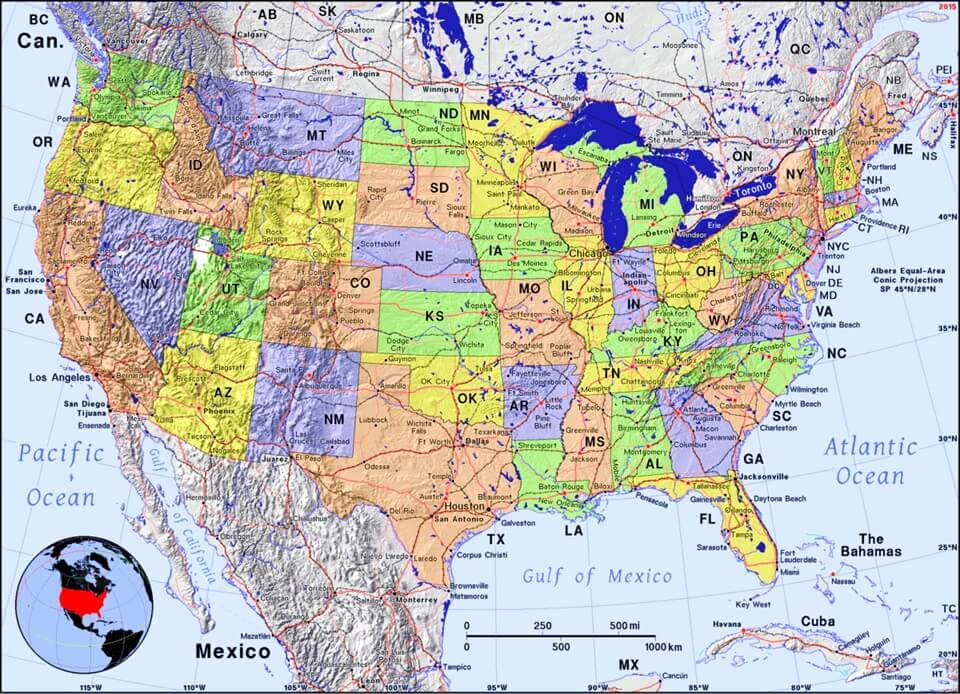Chapter 27: A Loss and a Gain
Performer: Librivox - Bridget Gaige
Dr. Small, silent, attentive, assiduous Dr. Small, set himself to work to bind up the wounded heart of Bud Means, even as he had bound up his broken arm. The flattery of his fine eyes, which looked at Bud's muscles so admiringly, which gave attention to his lightest remark, was not lost on the young Flat Creek Hercules.
Outwardly at least Pete Jones showed no inclination to revenge himself on Bud. Was it respect for muscle, or was it the influence of Small?
At any rate, the concentrated extract of the resentment of Pete Jones and his clique was now ready to empty itself upon the head of Hartsook. And Ralph found himself in his dire extremity without even the support of Bud, whose good resolutions seemed to give way all at once. There have been many men of culture and more favorable surroundings who have thrown themselves away with less provocation.
As it was, Bud quit school, avoided Ralph, and seemed more than ever under the influence of Dr. Small, besides becoming the intimate of Walter Johnson, Small's student and Mrs. Matilda White's son. They made a strange pair — Bud with his firm jaw and silent, cautious manner, and Walter Johnson with his weak chin, his nice neckties, and general dandy appearance.
To be thus deserted in his darkest hour by his only friend was the bitterest ingredient in Ralph's cup. In vain he sought an interview. Bud always eluded him. While by all the faces about him Ralph learned that the storm was getting nearer and nearer to himself. It might delay. If it had been Pete Jones alone, it might blow over. But Ralph felt sure that the relentless hand of Dr. Small was present in all his troubles. And he had only to look into Small's eye to know how inextinguishable was a malignity that burned so steadily and so quietly.
But there is no cup of unmixed bitterness. With an innocent man there is no night so dark that some star does not shine. Ralph had one strong sheet-anchor. On his return from Lewisburg on Monday Bud had handed him a note, written on common blue foolscap, in round, old-fashioned hand. It ran:
"Dear Sir: Anybody who can do so good a thing as you did for our Shocky, can not be bad. I hope you will forgive me. All the appearances in the world, and all that anybody says, can not make me think you anything else but a good man. I hope God will reward you. You must not answer this, and you hadn't better see me again, or think any more of what you spoke about the other night. I shall be a slave for three years more, and then I must work for my mother and Shocky; but I felt so bad to think that I had spoken so hard to you, that I could not help writing this. Respectfully,
"HANNAH THOMSON.
"To MR. R. HARTSOOK, ESQ."
Ralph read it over and over. What else he did with it I shall not tell. You want to know whether he kissed it, and put it into his bosom. Many a man as intelligent and manly as Hartsook has done quite as foolish a thing as that. You have been a little silly perhaps — if it is silly — and you have acted in a sentimental sort of a way over such things. But it would never do for me to tell you what Ralph did. Whether he put the letter into his bosom or not, he put the words into his heart, and, metaphorically speaking, he shook that little blue billet, written on coarse foolscap paper — he shook that little letter full of confidence, in the face and eyes of all the calamities that haunted him. If Hannah believed in him, the whole world might distrust him. When Hannah was in one scale and the whole world in the other, of what account was the world? Justice may be blind, but all the pictures of blind cupids in the world can not make Love blind. And it was well that Ralph weighed things in this way. For the time was come in which he needed all the courage the blue billet could give him.
 The Hoosier Schoolmaster
The Hoosier Schoolmaster
The Hoosier Schoolmaster
The Hoosier Schoolmaster

 The Hoosier Schoolmaster
The Hoosier Schoolmaster
The Hoosier Schoolmaster
The Hoosier Schoolmaster

